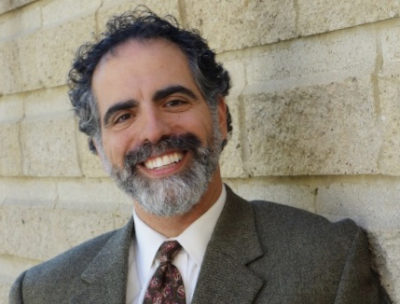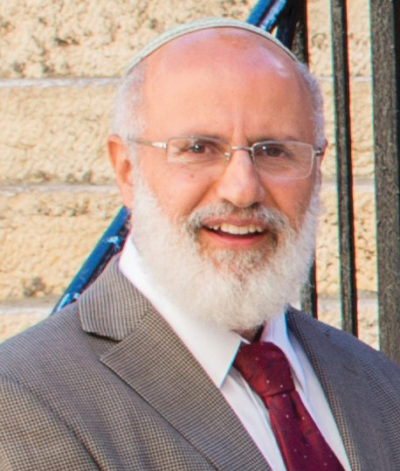
Rabbi Kliel Rose: “In our community, everyone is treated the same way by Chesed Shel Emes.”
When Rabbi Kliel Rose was maybe 10-years-old, he recalls insisting on riding in the hearse with his father—Rabbi Neal Rose—for the funeral of a dear family friend.
“That was my first experience with Chesed Shel Emes,” says Rabbi Rose of Congregation Etz Chayim. “I remember people moving around swiftly and quietly and everything seeming seamless and respectful. That is still my experience with Chesed Shel Emes.”
For Rabbi Yosef Benarroch of Adas Yeshurun Herzlia, Winnipeg’s Chesed Shel Emes is a cornerstone for upholding the Jewish principle of k’vod hamet (honouring the dead).
“In Judaism, we place a tremendous emphasis on life and honouring the person,” says Rabbi Benarroch. “How we treat the deceased is an extension of that principle. We want to give them the maximum amount of honour.”

Rabbi Yosef Benarroch: “In Judaism, we place a tremendous emphasis on life and honouring the person.”
Indeed, all of the practices surrounding death, burial, and mourning in Jewish life are focused on the deceased, their dignity, and the life they lived. “It’s about suspending the ‘me’,” adds Rabbi Benarroch, “and focusing only on your loved one who has passed away.”
K’vod hamet is indeed central to the work of Chesed Shel Emes. From the moment the deceased comes into the care of Chesed Shel Emes until the body leaves the facility for burial, there is a focus on dignity, respect, and Jewish tradition.
“Death is the great equalizer,” says Rabbi Rose. “In our community, everyone is treated the same way by Chesed Shel Emes. I am struck by the high degree of professionalism and by the anonymity of the tahara process (the ritual washing and preparation of the deceased). That anonymity makes the process even more respectful.” (While many of the volunteers who perform tahara are known, it is never disclosed who performed a specific tahara at Chesed Shel Emes.)
To maintain and enhance the dignity that Chesed Shel Emes fosters, the construction of a new building to replace the current 115-year-old south building is essential.
“It behooves us to make sure that Chesed Shel Emes is no less up-to-date than any other facility in our community,” says Rabbi Benarroch. “It needs to be an appropriate facility for our loved ones.”